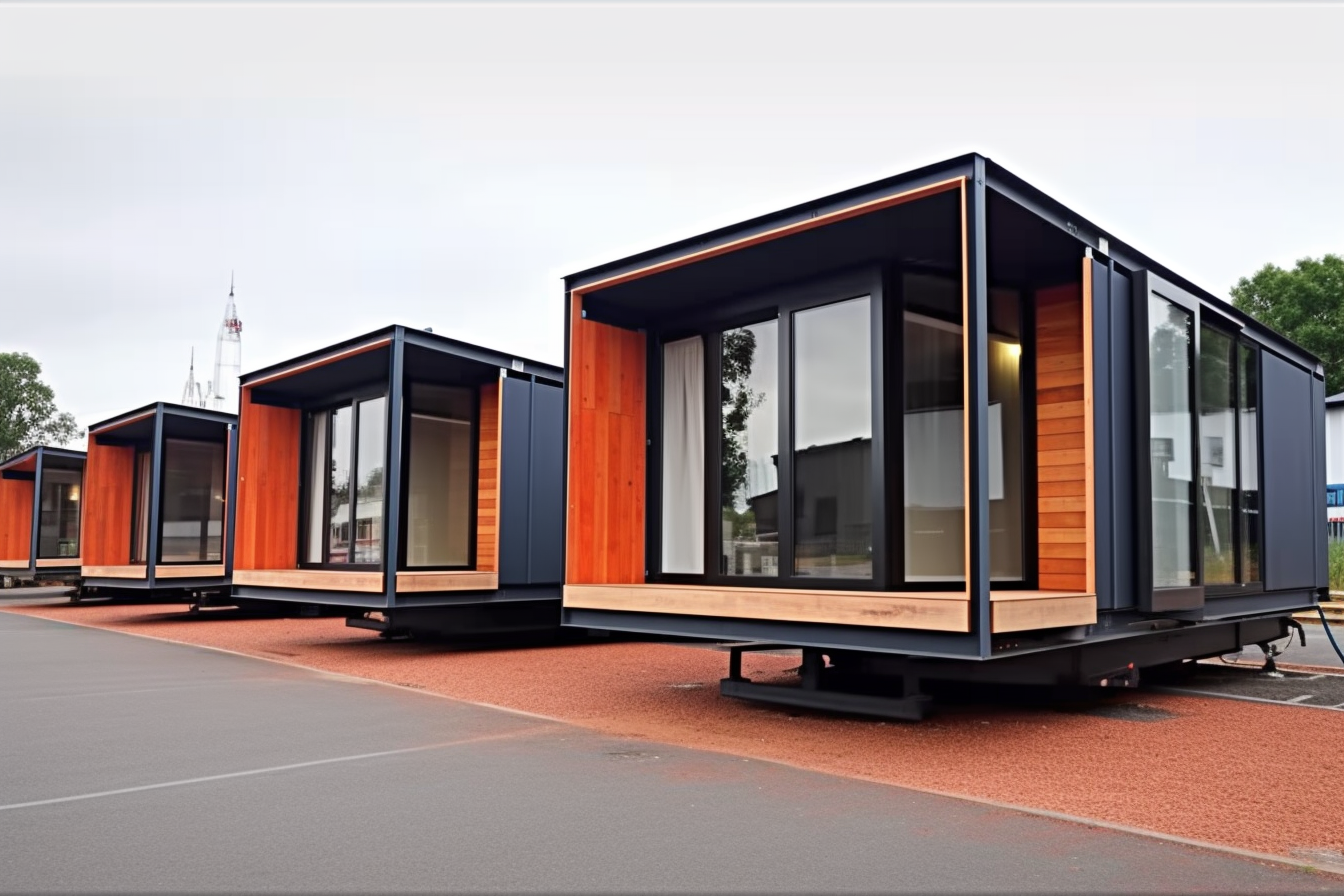"The Echo Chamber Effect: How Social Media Shapes Modern Perspectives"
The world is more interconnected than ever before thanks to the rise of social media. But the question remains, how is this digital landscape shaping our social interactions and societal norms? Read below for an in-depth exploration into the phenomenon known as the “echo chamber effect,” examining its historical background, current trends, and the profound impact on our society.

The Genesis of Echo Chambers
The term “echo chamber” originated from the field of acoustics, describing a room where sounds reverberate or echo. In a sociological context, it metaphorically refers to a situation where beliefs are amplified or reinforced by communication within a closed system. This phenomenon has been around for centuries, with groups of like-minded individuals naturally gravitating towards each other. However, the advent of the internet, and specifically social media, has exacerbated this effect to an unprecedented degree.
The Social Media Amplification
Social media platforms like Facebook, Twitter, and Instagram have revolutionized the way we communicate and access information. However, they have also given rise to a new form of echo chambers. Algorithms designed to cater to user preferences curate content that aligns with their existing views or interests. This leads to a cyclical feed of information that reinforces existing beliefs and biases, while rarely challenging them with contrasting perspectives.
The Societal Implications
The implications of the echo chamber effect are significant and far-reaching. From politics to culture, our perceptions are being shaped by what we see on our screens. This can lead to polarization, where society is split into groups with opposing viewpoints that rarely intersect. Lack of exposure to diverse perspectives can foster intolerance and hinder societal progress. Moreover, it can also create a false sense of consensus, leading individuals to believe their views are more widely held than they actually are.
The Research Perspective
Research into the echo chamber effect has revealed alarming insights. A study by the Pew Research Center found that 64% of U.S. adults believe fake news has caused “a great deal” of confusion about basic facts of current events. This is a direct result of echo chambers, where misinformation can spread unchecked. Another study by the Proceedings of the National Academy of Sciences found that false information spreads six times faster on Twitter than true news, highlighting the potential dangers of echo chambers on social media platforms.
Bridging the Gap
Addressing the echo chamber effect is a complex issue that requires a multi-pronged approach. Educating individuals about the existence and impact of echo chambers can promote digital literacy and critical thinking. Encouraging diversity of thought on social media platforms can also help break the cycle of similar content. Platforms themselves need to revisit their algorithms to ensure they promote balanced views. As we navigate this digital age, understanding and mitigating the impact of echo chambers is paramount in fostering an informed and cohesive society.
In conclusion, the echo chamber effect is a powerful phenomenon that has been magnified by social media. It influences societal norms, political discourse, and individual perceptions. By acknowledging and addressing this issue, we can strive towards a more informed society that values diverse perspectives.




